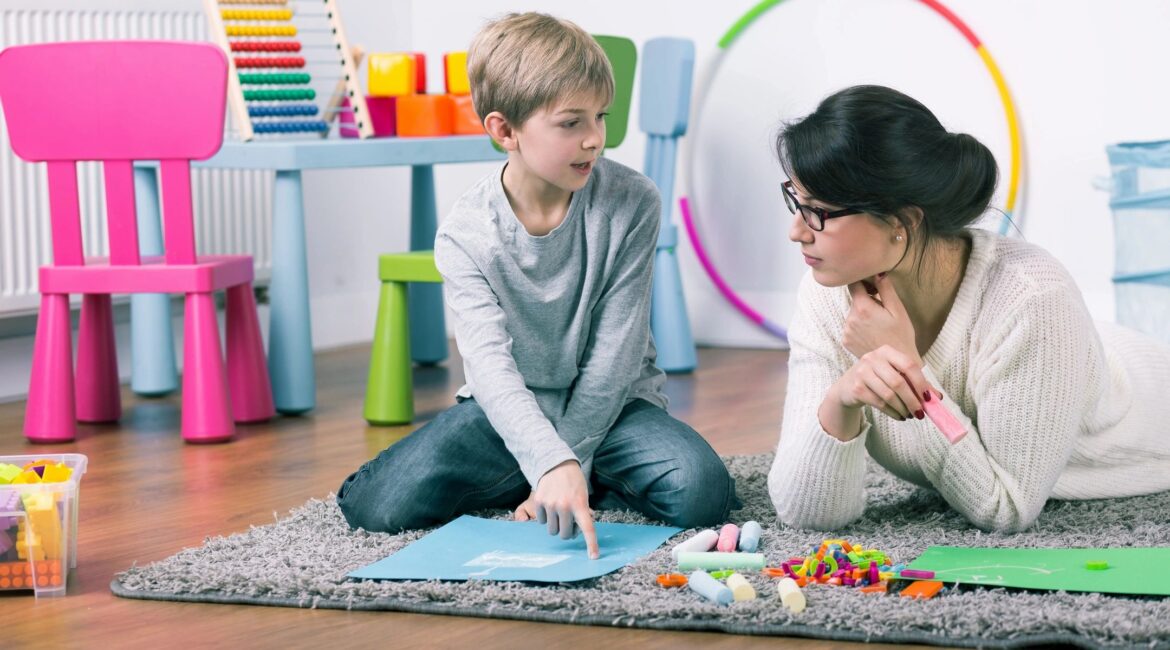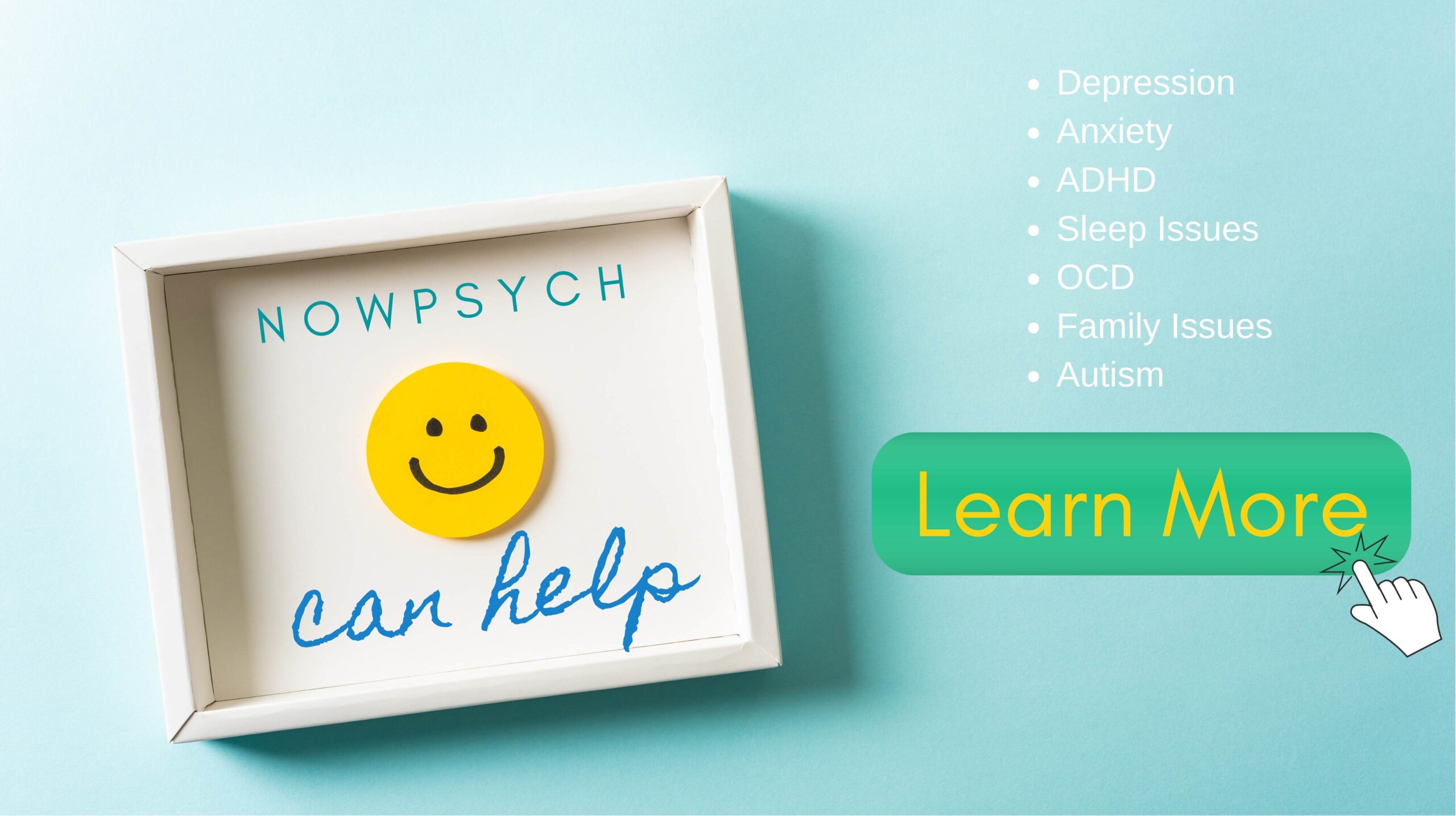Bipolar in Children
What is Bipolar?
Bipolar disorder is a mood disorder affecting 1-3% of individuals in the United States. The disorder is inherited in families although parental diagnosis does not guarantee their child will have the disorder. The two mood poles include depression and mania, in which the individual experiences markedly different levels of energy and thought processes. Bipolar disorder is most often diagnosed in early adulthood and lasts throughout the individual’s lifetime, although therapy and medication can help to alleviate symptoms.
Types of Bipolar
There are different types of bipolar disorder including bipolar I, bipolar II, and cyclothymic disorder. These range in mood severity and duration. The symptoms of bipolar disorder are marked by mood shifts from severe depression to mania. During the manic phase, the person will have unbounded energy, may seek out reckless behavior, need less sleep, and be less focused. Symptoms during the depression phase include a lack of energy, large shifts in sleep and eating patterns, and sometimes thoughts of suicide.
Bipolar Children
Young bipolar children may have difficulties explaining their symptoms to parents and show different symptoms than adults. Younger bipolar children may complain of stomachaches or headaches during the depression phase and act out in school during the manic phase. In a child’s early years, they may experience more rapid changes between the two mood phases that eventually steady out in their later years. For instance, their mood phases may just last a few days, whereas a typical adult with bipolar disorder often experiences mania for one week and depression for at least two weeks.
Diagnosing Bipolar in Children
Bipolar disorder is often not diagnosed until a child reaches adulthood, as there could be alternative explanations for the child’s behavior in their younger years. For instance, attention deficit hyperactivity disorder (ADHD) has a number of similar overlapping symptoms as those seen during a manic phase. There is controversy surrounding bipolar disorder diagnoses in children, as mood shifts are often not seen clearly until the individual reaches young adulthood. Parents who suspect their child may have bipolar disorder should first ensure their behavior is abnormal compared to other children and appears to shift drastically based on the polarized moods. Parents who recognize symptoms of bipolar disorder in their child should take their observations seriously and seek a professional’s help in order to determine the best way to help their child.
Treating Bipolar Children
Treatments for bipolar disorder often include a combination of medication and therapy. If a professional psychiatrist determines that medication is right for a child with bipolar disorder, they will often start on a very low dose and observe behavior patterns over time. Therapy will help the child describe their moods and behaviors, and learn coping strategies for dealing with the mood shifts. Parents can help their child succeed in therapy by observing their child’s behavior and reporting back to the psychiatrist. During the different mood phases, parents can encourage their child to describe their symptoms and be understanding.
Having a family member or child with possible bipolar disorder can be a very difficult thing, psychiatrists like Dr. Sean Paul, MD can help by providing you a consultation via your phone, computer (telemedicine), or in person.





